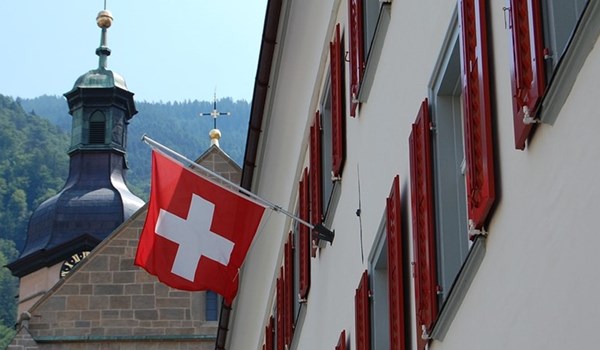Jurisdictions
Regions
Industry Sectors
17/06/23
SWITZERLAND: Swiss to vote on higher company taxes

As published on: lenews.ch, Friday 16 June, 2023.
On 18 June 2023, Swiss voters will choose whether to accept the federal government’s plan to raise the company tax rate applied to large multinationals to a minimum of 15%.
The minimum 15% tax, which will apply to any company with annual revenues of Euro 750 million or more, has essentially been forced on Switzerland by the OECD.
Some countries increase their tax bases and the total tax they collect by attracting foreign companies with competitive tax rates. But a tax base boost to one country represents a tax base loss to another. So OECD nations with high corporate tax rates have decided it’s time to clip the wings of nations offering low rates.
The minimum OECD tax mechanism allows other nations to collect any tax difference between 15% and any lower rate a country may chose to charge. This means any country failing to conform would give up tax revenue without gaining any competitive tax advantage.
The average rate of company tax paid in Switzerland is around 13.5%. However, there is significant cantonal variation. The highest rate is in Jura (17.4%) and the lowest is in Nidwalden (9.4%). The effective average rates in Zug (9.6%), Basel-City (9.9%), Vaud (11.8%), Geneva (12.4%) and Zurich (15.7%) are in between.
Switzerland’s current total corporate tax take is around CHF 14 billion. The extra tax from the new 15% rate is estimated to be between CHF 1 and 2.5 billion. Under the plan being put to voters the extra money collected will be apportioned between the cantons where the companies are based (75%) and the federal government (25%). A key argument for giving most of the extra money to the cantons is that it can be used in other ways by the relevant cantons to hold on to the companies taking the biggest financial hits from the change.
The two most heavily impacted cantons in German-speaking Switzerland will be Zug and Basel-City with around 400 and 250 affected companies. These two cantons have plans to directly support research and development and the environmental initiatives of the large companies affected. Essentially, they say they will provide other economic incentives to compensate for higher tax payments. The head of finance in Zug told RTS that the canton plans to invest all of the extra tax money into the economy.
There is widespread support for the plan across government. The Federal Council and majorities in parliament (127 yes, 59 no and 10 abstentions) and the upper house (38 yes, 2 no and 4 abstentions) support the plan.
In addition, all main Swiss parties except the Socialist Party support the change. The main argument in favour of voting yes is that the rate hike is unavoidable and Switzerland is better off collecting higher tax revenue than letting it flow abroad. However, the Socialist Party is against the way it is being implemented. They would like to see more of the extra money collected going to the federal government rather than the cantons, something they believe would reduce tax competition between Switzerland’s cantons.


